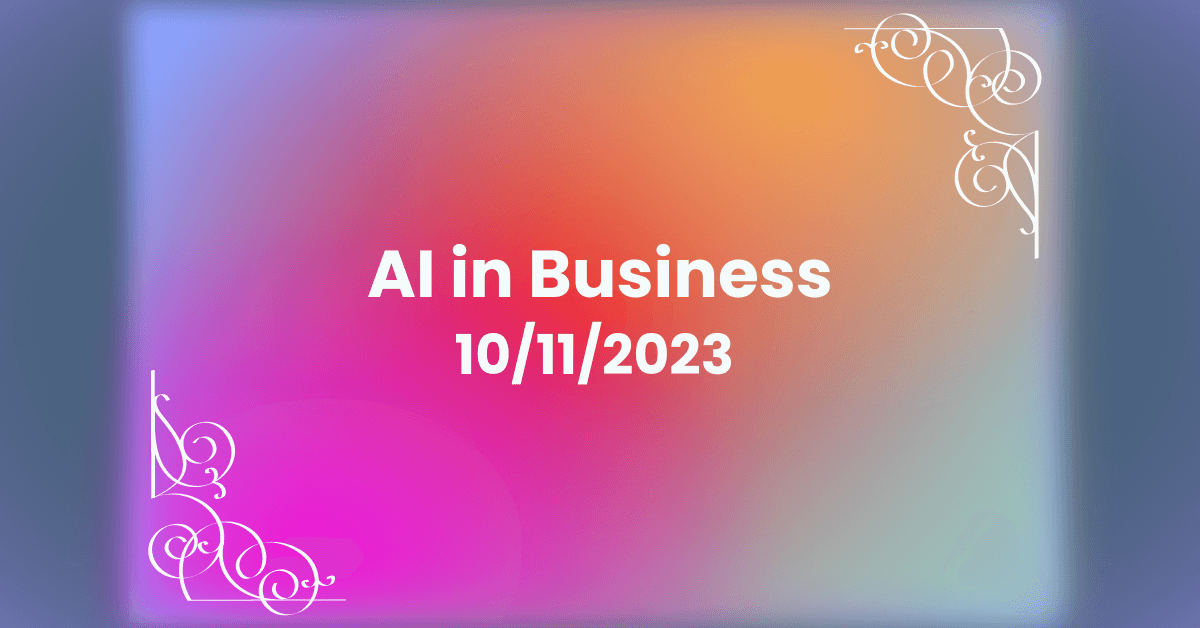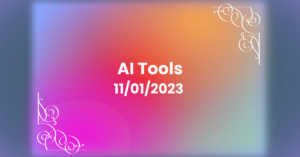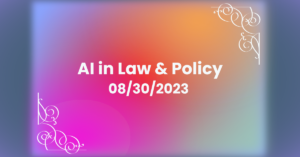How Generative AI, Like ChatGPT, Is Disrupting Industry Operations
In a recent article entitled Generative AI in commerce: 5 ways industries are changing how they do business, Sabrina Ortiz dives into how generative AI, like ChatGPT, is disrupting how these industries operate. Let’s take a quick look at her perspectives.
1. How AI is changing enterprise
Generative AI, notably exemplified by ChatGPT, is reshaping various sectors, as highlighted in Mastercard’s “Signals” report. In the enterprise domain, generative AI is streamlining knowledge dissemination by replacing traditional search engines with efficient tools. This empowers employees to swiftly access specific information, enhancing productivity across organizations. Forward-thinking consulting firms such as BCG, EY, KPMG, Accenture, and McKinsey are leveraging generative AI to facilitate real-time knowledge sharing, particularly in large corporations where information overload is a common challenge.
2. How AI is changing finance
In finance, generative AI acts as a personal wealth manager, simplifying intricate tasks like wealth management and simplifying interactions with financial institutions. By offering personalized financial guidance, AI bridges gaps for individuals lacking access to traditional financial services. Robust data protections enable generative AI integration into bank accounts and investment portfolios, providing comprehensive insights into financial matters. For small businesses, generative AI becomes an invaluable resource, serving as an on-demand worker and providing expertise in diverse areas. Entrepreneurs can now access tailored assistance, empowering them to explore new avenues and expand their ventures.
3. How AI is changing small businesses
AI serves as a valuable asset for small businesses, addressing resource constraints by acting as an on-demand worker. It can assist in essential tasks such as developing social media strategies, tasks that might be sidelined due to limited time and resources. Additionally, AI aids business owners in areas where they lack expertise, providing instructions and even hands-on assistance for tasks like app development or product creation. This capability empowers entrepreneurs to explore new areas and expand their skill sets, enhancing their business operations.
4. How AI is changing retail
In the retail sector, generative AI serves as a personal shopper, alleviating the overwhelming process of online product searches. AI-powered personal-shopping consultants help users find specific products while connecting them to relevant retail offers. Companies like Shopify, Google, Microsoft, and Amazon are actively developing these AI-driven personal shopping integrations, enhancing user experiences.
5. How AI is changing travel
Lastly, in travel, AI functions as a knowledgeable travel agent, guiding travelers in making informed decisions and facilitating transactions for airlines and hotels. Travel platforms are at the forefront of developing AI-enabled experiences, transforming the way customers plan and book their trips. These applications underscore generative AI’s transformative potential, paving the way for lasting changes in commerce and customer interactions.
The common thread here is that generative AI is allowing companies to address personalization in a way that they never have before. One of the questions that I would like to see discussed are the social ramifications of everyone receiving a personalized experience. For example, is there a world where experiences are so personalized that things that once connected people, like media, are too fragmented to be useful for that purpose?







